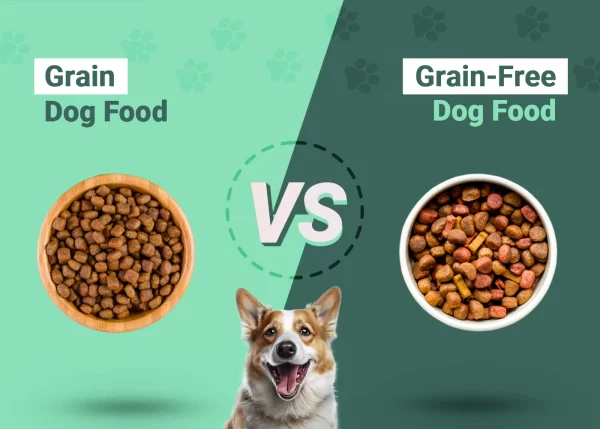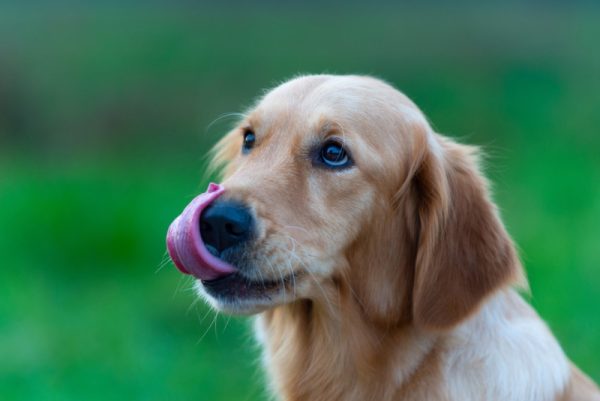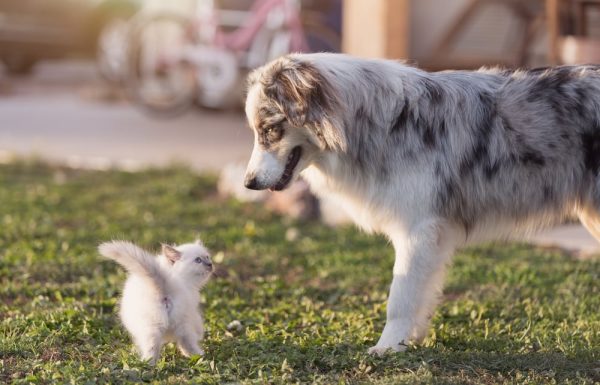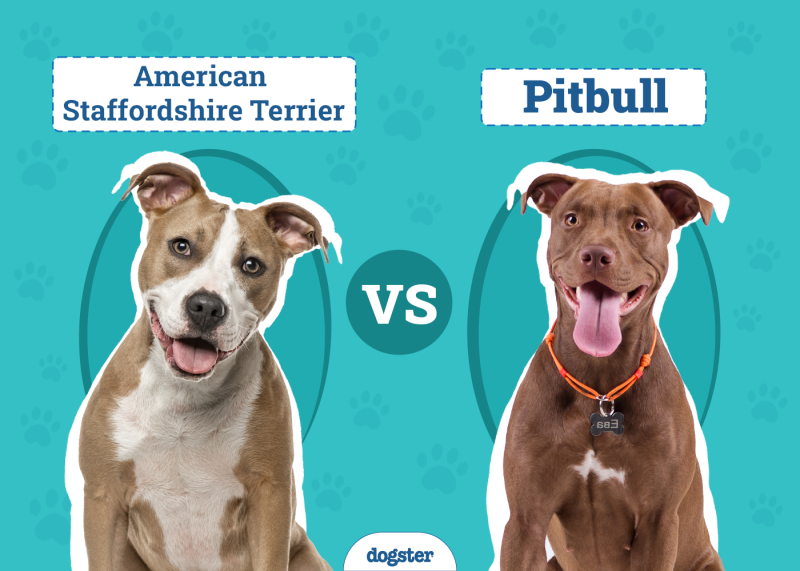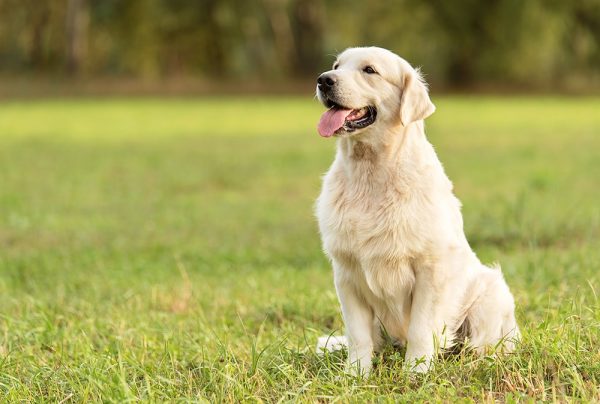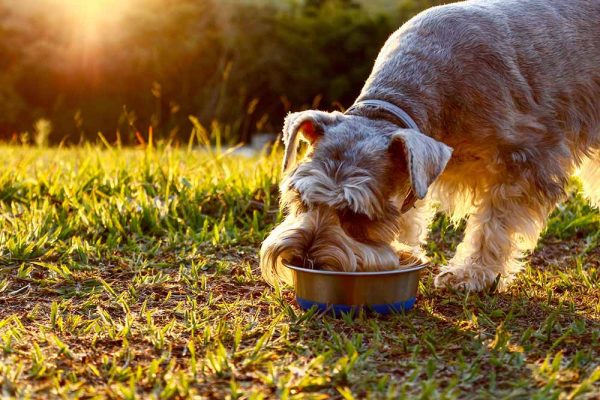Having a French Bulldog in your home can be a true pleasure. These little dogs are cute, feisty, and fun to have around. Often, French Bulldog owners become curious about allowing their female Frenchie to have puppies. Like any caring pet parent, certain questions pop up. This is especially true when it comes to French Bulldogs.
You may wonder, is it safe for my dog to get pregnant? How long is a French Bulldog pregnant? How many puppies are typically in a litter? All these questions are completely natural and expected by pet owners who are new to the world of puppies or breeding. While a typical French Bulldog pregnancy lasts around 63 days, that doesn’t mean there isn’t more you should know if your pooch is having a litter. Let’s learn a bit about French Bulldogs and how pregnancy typically goes for this breed.

Getting Pregnant
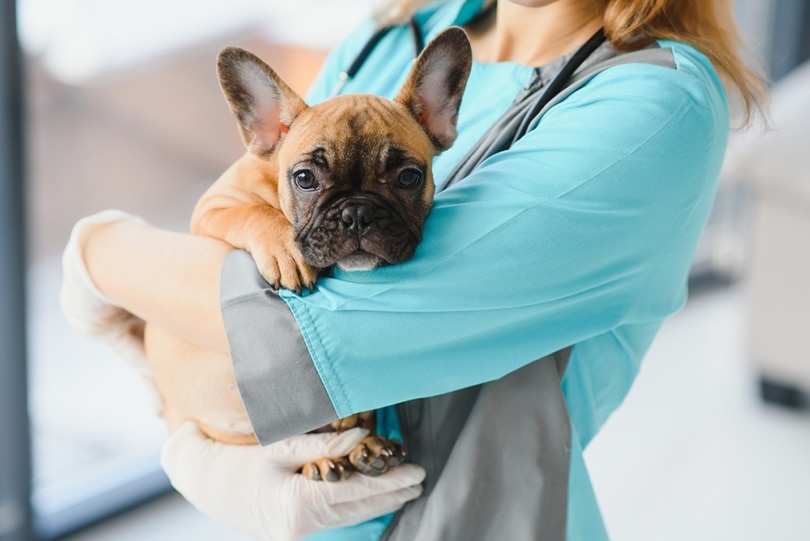
A Frenchie isn’t what you would consider a naturally occurring dog breed. They are a crossbreed of an English Bulldog and the smaller terrier breeds. The years of breeding Frenchies have gone through make it difficult for a female to become pregnant on her own. You’ll also find that thanks to the many health issues Frenchies deal with, the males may have a hard time mounting their females. Instead, if you want your female Frenchie to become a mom, artificial insemination is often the best way.
Like with other dog breeds, female French Bulldogs don’t sexually mature until after going through a first heat cycle. This can happen anywhere between 6 months to a year of age. In some cases, Frenchies haven’t sexually matured until they are 14 months of age. In hopes of healthy pregnancies, it is best to let your French Bulldog go through 2 heat cycles before you allow them to breed. This will ensure their organs and body are developed enough to support the puppies.

Stages of Reproduction
Like any dog breed, a female French Bulldog goes through heat stages. Understanding these stages will make things easier for you if you plan on breeding your pup. Let’s take a look at the 4 of them.
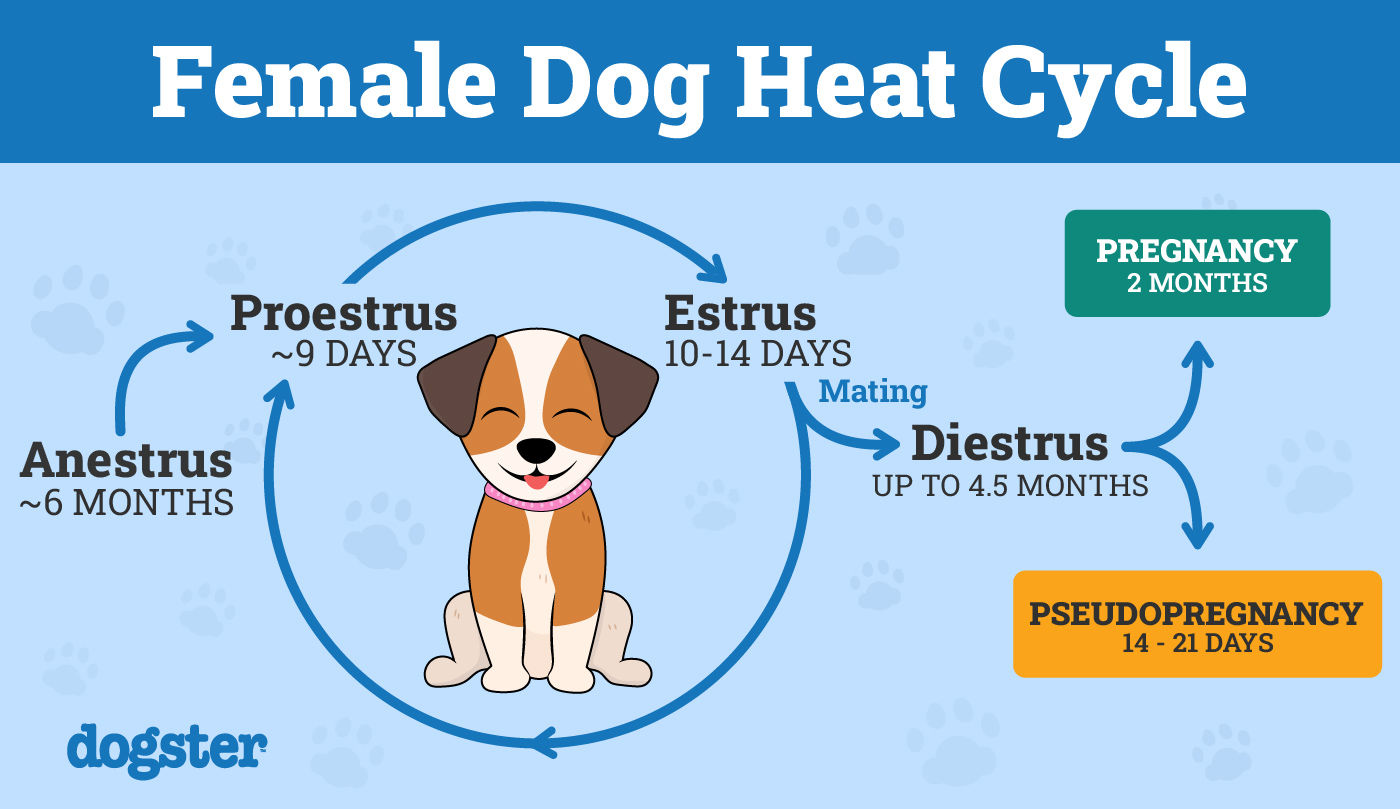
1. Proestrus
Proestrus is the first stage of the reproductive cycle. This is when you may notice your Frenchie having bloody vaginal discharge. You’ll also notice her vulva will swell. During this time, male dogs may try to make advances. Depending on your pup, she may avoid those advances or accept them. If she isn’t in the mood you may notice her tail tucking to help her avoid the male dogs. She may become a bit emotional and want lots of your attention. Then again, she could be grumpy and prefer that you steer clear and give her some space. This stage lasts for roughly 9 days.
2. Estrus
In this 2nd phase, things change a bit. You’ll notice the discharge becoming lighter and less frequent. Your pup’s vulva will be enlarged and softer than during Proestrus. She’ll also be more open to the advances of male dogs wanting to be her mate. As we’ve mentioned, Frenchie pregnancies are often done with artificial insemination. If that’s the route you’re going, your pup’s vet can tell you the best time to do this. This stage can last anywhere from 3 to 21 days.
3. Diestrus
On day 14, the 3rd stage, Diestrus typically occurs. Here you will find that your female Frenchie is not receptive to males, her discharge reddens, then ultimately goes away, and her vulva returns to normal. When all the signs are gone, the dog is no longer in heat.
4. Anestrus
Anestrus is sexually dormancy. This takes place between Diestrus and the first day of your Frenchie’s Proestrus.

A Frenchie’s Pregnancy
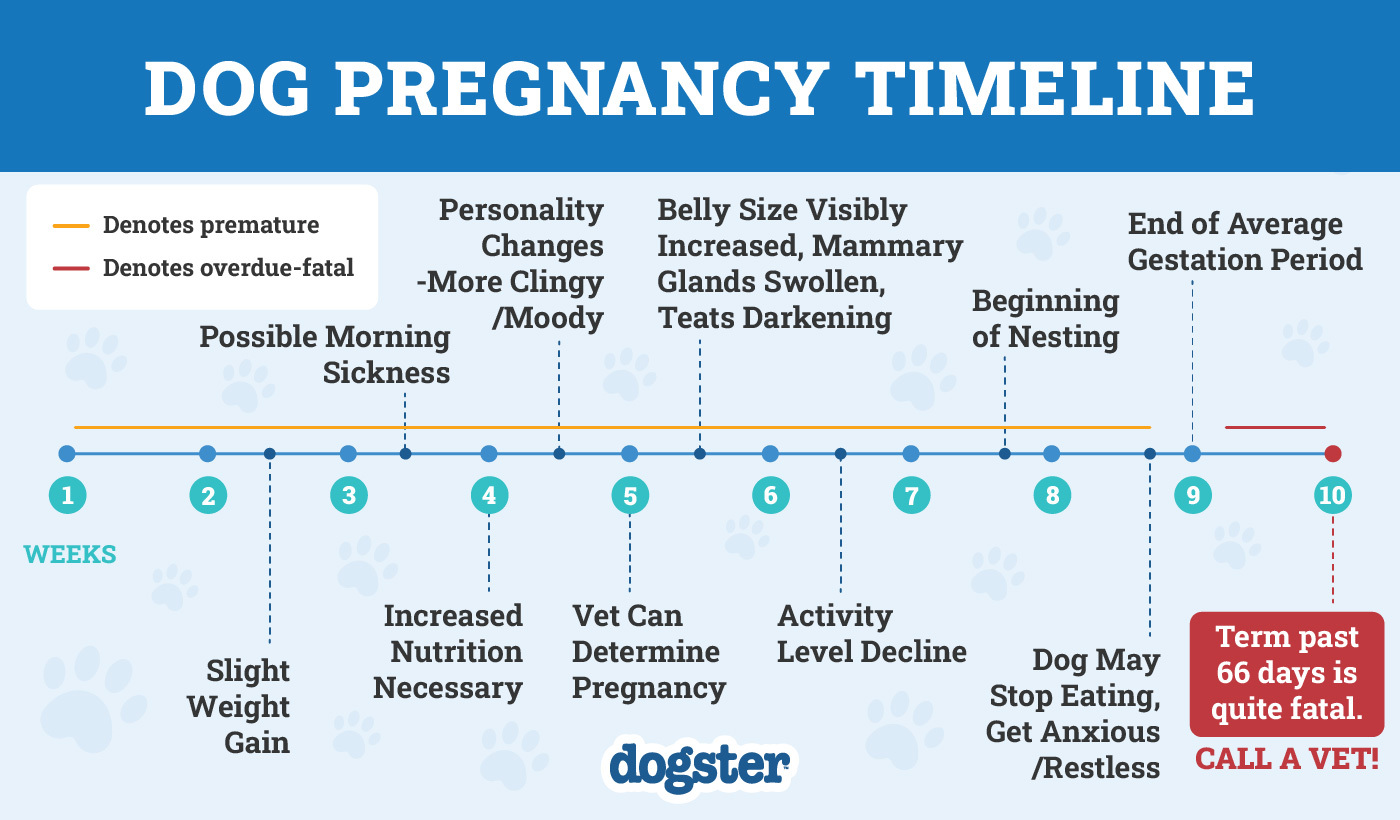
A French Bulldog’s pregnancy is like most other dog breeds. In the first couple of weeks, as changes take place inside her body, you may not notice anything. Other than a little morning sickness, you may be oblivious to what she is going through. At as early as three weeks post insemination, your vet may be able to detect embryos ultrasonographically to confirm pregnancy. You’ll notice they are developing and quite small. It isn’t until week 4 that your veterinarian will be able to detect the heartbeat. You’ll also be able to see that the embryos are beginning to resemble dogs when ultrasounds are done at this stage in pregnancy and that your dog is more vulnerable. Make sure she is well cared for and avoids strenuous activity.
Over the next few weeks, you’ll notice lots of changes in your Frenchie. Her nipples will darken and her appetite will increase. She will begin nesting and preparing herself for birth. In her tummy, the puppies are getting their whiskers and claws. All these amazing changes happen up until week 8, which is when your Frenchie could possibly give birth. To avoid early birth, as the pet parent, you should help her prepare and keep her comfortable so she can reach her full gestation of 9 weeks or 63 days. It should also be noted that the vast majority of Frenchies do not go through natural labor and require C-sections due to their anatomy and increased risk for dystocia.

Final Thoughts
As you can see, pregnancy for French Bulldogs isn’t the easiest thing in the world. Not only do they face difficulties with insemination, but they also have a long road ahead of them to give birth to a healthy litter. If you’re a French Bulldog parent interested in breeding, reach out to your veterinarian. They can help you decide whether your pup is ready, healthy, and prepared to be a mother.
Featured Image Credit: Firn, Shutterstock


